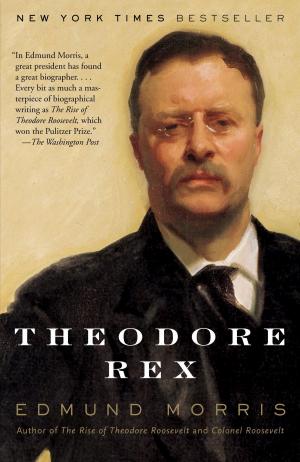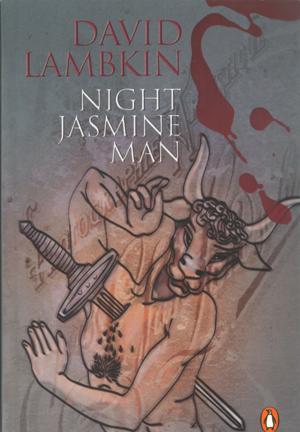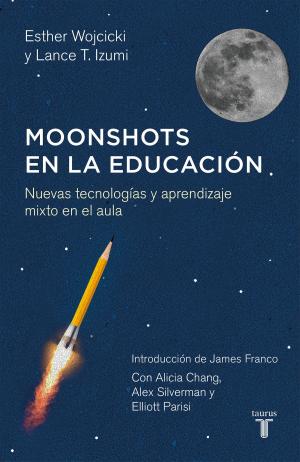The Pimlico Dictionary Of Classical Civilizations
Nonfiction, History, World History, Reference & Language, Reference| Author: | Arthur Cotterell | ISBN: | 9781446466728 |
| Publisher: | Random House | Publication: | June 30, 2011 |
| Imprint: | Vintage Digital | Language: | English |
| Author: | Arthur Cotterell |
| ISBN: | 9781446466728 |
| Publisher: | Random House |
| Publication: | June 30, 2011 |
| Imprint: | Vintage Digital |
| Language: | English |
An original and unique work of reference which breaks new ground by treating for the first time the classical era of the Old World as a whole. Never before have the key peoples and events of Greece, Rome, Persia, India, and China been encompassed in a single volume, despite the fact their civilizations had much in common and laid the foundations of present-day Europe and Asia.
Arthur Cotterell asserts that for too long Greece and Rome have been regarded as the classical world and its study isolated from even the major powers that confronted the Greeks and Romans in Iran and India. Today we are more aware of the complex interrelations that once existed between the Greeks and the Persians, the Macedonians and the Indians, the Romans and both the Persians and the Sasanians. The persistent isolation of China, on the other hand, cut off by mountains and deserts from India, makes the classical experience there so useful for comparison and contrast. The virtual absence of slavery in China is but one of its startling features.
Comprehensive, wide-ranging and lavishly illustrated, The Pimlico Dictionary of Classical Civilizations provides a fascinating overview and a detailed analyis of the formative period of the world, making it indispensible for both students and the general reader.
An original and unique work of reference which breaks new ground by treating for the first time the classical era of the Old World as a whole. Never before have the key peoples and events of Greece, Rome, Persia, India, and China been encompassed in a single volume, despite the fact their civilizations had much in common and laid the foundations of present-day Europe and Asia.
Arthur Cotterell asserts that for too long Greece and Rome have been regarded as the classical world and its study isolated from even the major powers that confronted the Greeks and Romans in Iran and India. Today we are more aware of the complex interrelations that once existed between the Greeks and the Persians, the Macedonians and the Indians, the Romans and both the Persians and the Sasanians. The persistent isolation of China, on the other hand, cut off by mountains and deserts from India, makes the classical experience there so useful for comparison and contrast. The virtual absence of slavery in China is but one of its startling features.
Comprehensive, wide-ranging and lavishly illustrated, The Pimlico Dictionary of Classical Civilizations provides a fascinating overview and a detailed analyis of the formative period of the world, making it indispensible for both students and the general reader.















